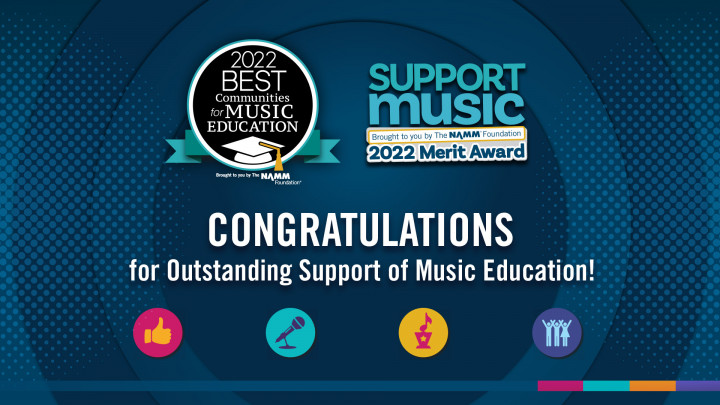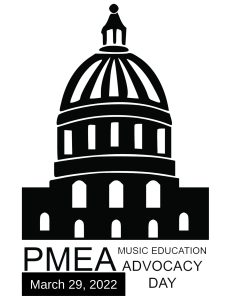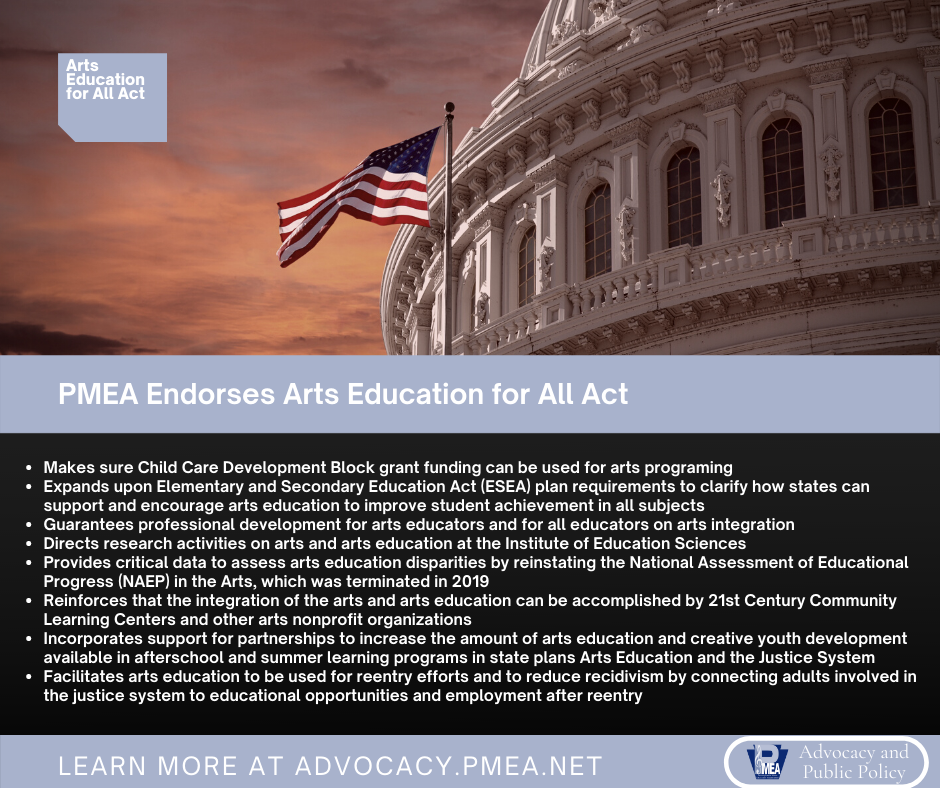
Wednesday, March 1st – You are invited to join PMEA in Harrisburg on Wednesday, March 1st to meet with policymakers. We will ask that you make an appointment with your state representative and state senator.
Participate In Person
If you are coming to Harrisburg, and have not let PMEA know, please email us at advocacy@pmea.net so we can provide you with all of the details.
Participate Virtually
For those not attending in person. all music education advocates will be able to advocate to their state representatives via an online form PMEA will distribute. This will literally take just a minute and your participation is extremely helpful in our advocacy efforts.
What To ExPECT If You’re Joining Us In Harrisburg
Since March 1st is a session day in the state legislature, It is possible to schedule a meeting with your representative. However it is possible you will be scheduled for a meeting with a staffer. There is nothing wrong with that and in many cases can be advantageous.
The capitol complex can be a bit confusing. There will be maps on site but you’ll want to make sure to leave at least 10-15 minutes to get to your meeting from the Main Rotunda or the Irvis Office Building.
PMEA will hold a press conference in the Rotunda on Advocacy Day at 10 am. There will also be performances in the capitol building from Pennsylvania schools at 11 am, noon, and 1 pm.
Rotunda
11 a.m. Council Rock North & South Choirs, Corey Axler & Ryan Carlin, Directors
12 p.m. Downingtown Middle School and Downingtown West High School Choirs, Hannah Knauss & Matt McCloskey, Directors
East Wing
12 p.m. Lamberton MS String Ensemble, Sara Schmehl, Director
1 p.m. Williamsport Strolling Strings Matthew Radspinner, Director
Also, for those attending in person, we will provide you with a document to share with your representatives. Because we want to make sure every member of the General Assembly receives our message about the importance of music education, we will also ask for some assistance in dropping off these documents to offices where no in-person meetings are scheduled.
What To Expect In A Meeting
When you are in your meetings, explain who PMEA is and then discuss our legislative asks, which you can find below. Do not discuss other issues. You are representing PMEA and the music education profession. It’s important to have a consistent and unified message from all of our members. If you are asked a question and you don’t know the answer, just say that you will find out and get back to them. If you’ve never been in a legislative meeting, there’s nothing to be nervous about. You’ll find that those you meet with are genuinely interested in listening to you. Always take a card of those you are meeting with and follow up with a thank you email.
It’s possible you will receive some pushback on any of our issues. That’s the nature of how the process works. Remember to stay on message with the talking points provided. Your job is to explain the issues and show representatives where issues exist. Their job is to work on a solution.
Important Documents
2023 PMEA Policy Playbook – All of PMEA’s policy asks and the context behind them
2023 PMEA Legislative Leave Behind Document
Background Document – Alternative Credit for Marching Band Participation
What to Expect in a Legislative Meeting if You Are Dropping Off An Information Packet – Some quick information about what you might expect in a legislative meeting.
Pennsylvania Public School Funding History – A history of education funding in Pennsylvania put together by the Education Law Center.
Pennsylvania Arts Education in Public Schools – A review of arts education requirements in Pennsylvania put together by David Deitz.
IMPORTANT LINKS
Harrisburg Parking Information – parkharrisburg.com
Harrisburg Weather – Accuweather.com
Harrisburg Dining – visitharrisburghershey.org







